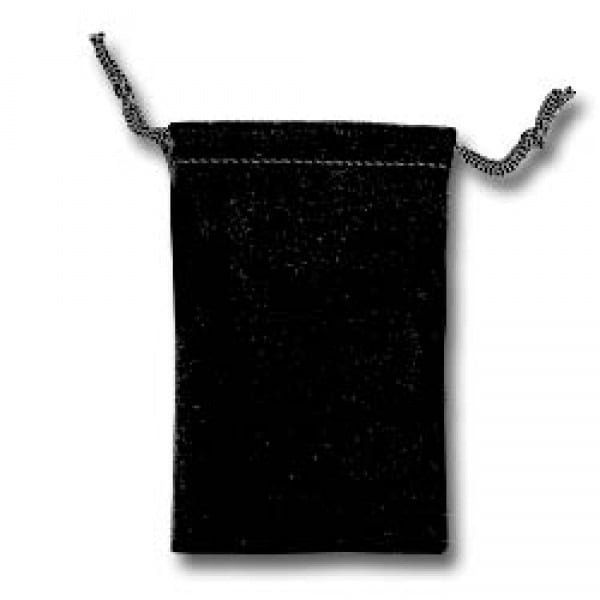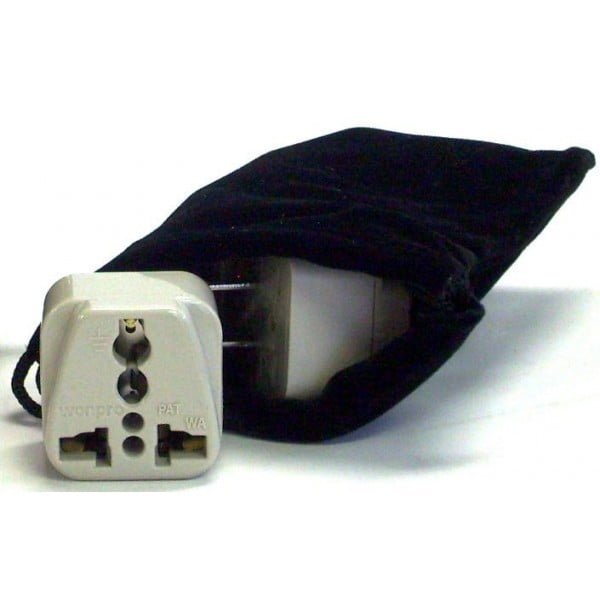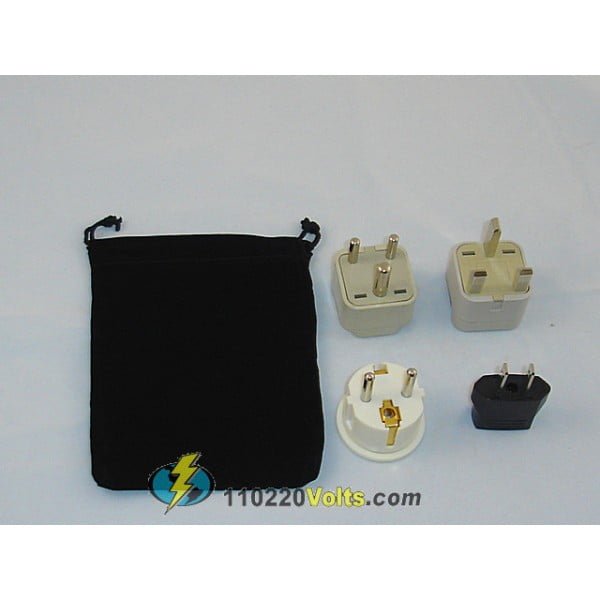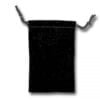Lebanon Plug Adapters Kit with Travel Carrying Pouch Includes:
One Wonpro Grounded plug adapter for Lebanon
One Wonpro Non-Grounded plug adapter for Lebanon
One Basic Grounded plug adapter for Lebanon (other outlet configuration if needed)
One Basic Non-Grounded plug adapter for Lebanon (other outlet configuration if needed)
One Black Travel Velvet Carrying Pouch with Drawstring closure Large 4 wide x 5 inches
Lebanon Electrical Outlet Type
Lebanon Electrical Outlet Type
Lebanon uses Type A andType B andType C andType D andType G
Type A, Countries Using Type A Plug

Type B, Countries Using Type B Plug

Type C, Countries Using Type C Plug

Type D, Countries Using Type D Plug

Type G, Countries Using Type G Plug





















Reviews
There are no reviews yet.